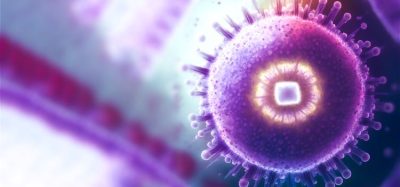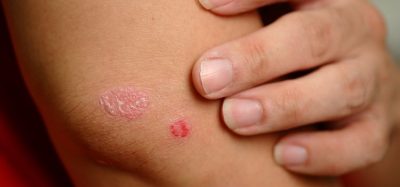Endotoxin testing: the international regulatory landscape
Posted: 2 April 2024 | Carmen Marín Delgado de Robles (Roche Basel-Kaiseraugst), Dr Lindsey Silva (Genentech), Evelyn Der (Genentech) | No comments yet
In this extract from EPR’s Pharma Horizon’s report, Evelyn Der, Lindsey Silva and Carmen Marín Delgado de Robles from Roche Group discuss the regulatory guidelines for bacterial endotoxin testing and the move towards adoption of recombinant methods.


Animal welfare is a crucial consideration in the adoption of alternative methods like recombinant Factor C (rFC) and recombinant Cascade Reagents (rCR) for bacterial endotoxin testing (BET). These methods aim to impede animal suffering by reducing dependence on horseshoe crab blood.
At Roche, we see it as our ethical and environmental responsibility to support the use of alternative methods that prioritise animal welfare while ensuring the safety of our patients and the quality of our products.
The move towards rFC and rCR methods in BET is driven by this ethical commitment, as well as other factors such as sustainable supply chain management through reducing reliance on horseshoe crab-based reagents, improved specificity with regard to beta glucan interference, and reduced lot-to-lot variability compared to the traditional Limulus Amebocyte Lysate (LAL) test.
By transitioning to rFC and rCR, the pharmaceutical industry can achieve comparable results to the LAL test without relying on horseshoe crab blood, ultimately promoting animal welfare while maintaining the highest standards of endotoxin testing.
Pharmacopoeia guidance on recombinant BET methods
Currently, the regulatory landscape surrounding the use of (rFC) and (rCR) can be complex and confusing. It is important to understand the guidance provided by different pharmacopoeias.
For companies that manufacture globally marketed products, the journey towards implementing rFC is a slow one”
There are two possibilities for rFC implementation, depending on the pharmacopeial guidance. For companies manufacturing products solely marketed in Europe, the implementation of rFC testing can be relatively quick, thanks to the methods of analysis described in Ph. Eur. 2.6.32. This chapter makes rFC an alternative pharmacopeial method in Europe, as it is not yet referenced in any monograph or the General Notes. However, for companies that manufacture globally marketed products, the journey towards implementing rFC is a slow one. This is because rFC is currently still considered an alternative non-pharmacopeial method in regions outside of Europe. The good news is that there have been numerous studies published on rFC, which can be leveraged to accelerate the implementation process, as we will discuss later.
Additionally, there are positive regulatory developments on the horizon. For example, the implementation of the reference to the methods of analysis Ph. Eur. 2.6.32 in the monographs for Water for Injection (0169) and Purified Water (0008) on 1 April 2024. This will expedite the implementation of rFC for environmental monitoring purposes in Europe. Another recent step in the right direction in Europe was the introduction of rFC testing in the Appendix XIV C of the British Pharmacopoeia based upon the Ph. Eur. 2.6.32 on 1 January 2024.
If USP <86> is finally made effective, it will speed up the adoption of rFC and rCR in the US”
Meanwhile, in the US, draft methods of analysis chapter USP <86> has been published and was up for comment until 31 January 2024. If USP <86> is finally made effective, it will speed up the adoption of rFC and rCR in the US, as Ph. Eur. 2.6.32 did in Europe with rFC four years ago. It should be noted, however, that USP <86> is not currently being proposed for introduction into any monograph or the General Notices. Therefore, the recombinant BET methods will be considered alternative pharmacopeial methods in the US after USP <86> is made effective. Timely implementation of the reference to USP <86> in the water for injection and purified water monographs is desired to encourage and enable the adoption of these methods for environmental monitoring purposes.
rCR endotoxin testing: method validation
For companies manufacturing products solely marketed in Europe…implementation of rCR testing will be slower than rFC testing”
In terms of rCR implementation, it should be noted that Ph. Eur. 2.6.32 does not cover the use of rCR reagents. Therefore, the rCR method is considered an alternative non-pharmacopeial method in Europe.
For companies manufacturing products solely marketed in Europe, this means that the implementation of rCR testing will be slower than rFC testing, as a full method validation will be required.
For companies that manufacture globally marketed products, the journey towards implementing rCR is as slow as rFC with regards to validation. The main difference lies in the number of published studies that can be leveraged to cover the full method validation parameters.
About the authors






Related topics
Endotoxin, Endotoxin Detection, Environmental Monitoring, QA/QC, Regulation & Legislation
Related organisations
European Pharmacopoeia (Ph. Eur.), F. Hoffmann La Roche AG, The United States Pharmacopeia (USP)









